“Believe It or Not, Just Sing It”
“Believe it or not, just sing it”
Serah daughter of Asher, mentioned only in passing in the Bible, morphed into a kind of cloud storage of essential Israelite data.
Did you ever hear of a biblical woman named Serah? Don’t blame your Bible teachers if you haven’t. She’s only mentioned twice – both times in a long list of the usual barely pronounceable Scriptural names. And yet the ancient Jewish sages spilled rivers of ink over precisely this woman. Why in the world?
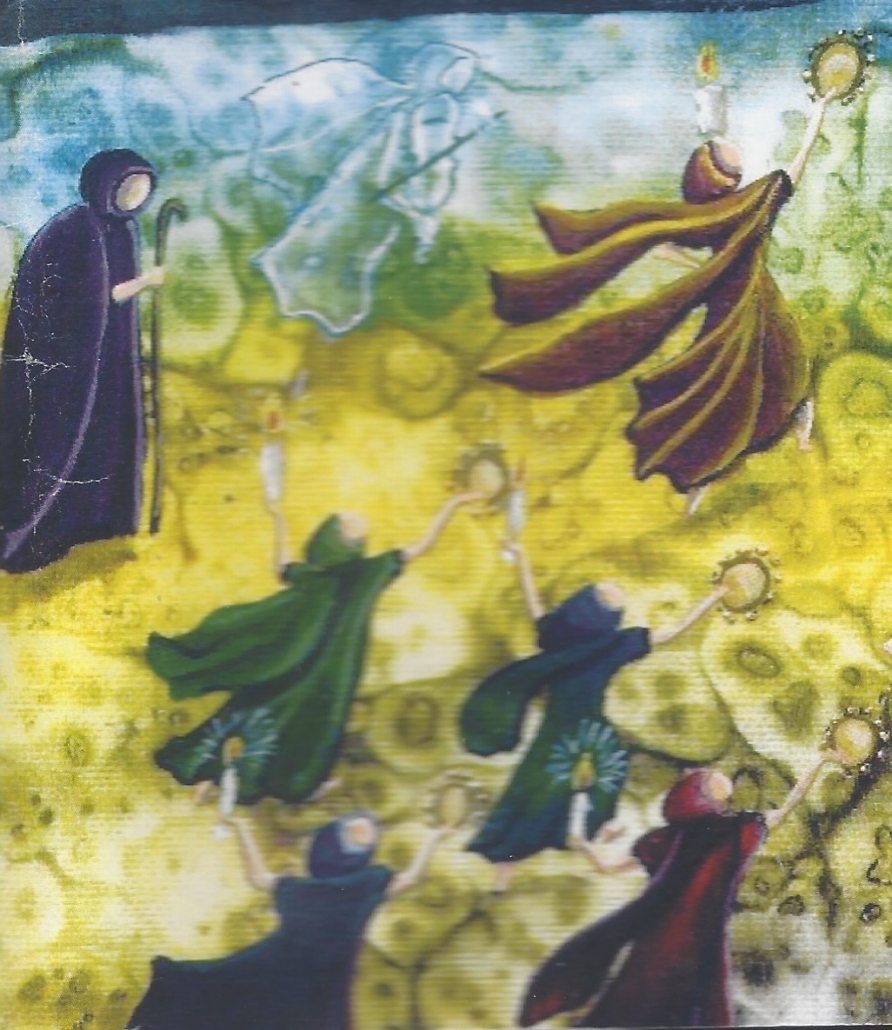
Serah first appears as Joseph’s niece, one of those who went down to Egypt with the clan (Gen. 46:17). She then appears again at the end of the Sinai wandering (Num. 26:46). With the help of some fancy arithmetic, the sages came to the optimistic conclusion that Serah was still alive when the Israelites stood poised to enter the Promised Land.
Serah the musician
We’re told that Serah’s remarkable longevity was a gift from her grandfather Jacob. This, legend says, was how it happened: Serah’s father Asher and her uncles were trying to figure out how to tell Jacob that his beloved Joseph was still alive but were afraid the shock might kill him. And so they hit on a plan: “Let’s get Serah to do it.” Luckily, Serah was a talented lyre player and lyricist and so she delivered the good news to Jacob in a sort of Scriptural singing telegram.
At first Jacob actually did faint. But when he came to, he rejoiced at the news (Targum Psuedo-Jonathan; Sefer HaYashar). In Joseph and His Brothers, Thomas Mann pictures Serah as a 12 years old lass, worried about delivering the message. To persuade her, in Mann’s telling, her brothers said: “Believe it or not, just sing it and then we will come and prove it.” And sing it she did. In Mann’s rendering, her song goes on for several pages. Here’s a taste:
…This I may sing with eight strings’ assistance / And to my grandfather bear great news from a distance. By sweet music we’re persuaded / That it’s balm can heal our woe; / But all the more when high silence is aided / But telling the word that man should know.
Serah the seer
Many biblical figures lived to a ripe old age. But Serah’s long life was a means to an end. She became a keeper of secrets, according to the ancients. For example, when it was time to leave Egypt, the Israelites wanted to fulfill Joseph’s dying wish to be buried in the promised land. (Ex. 13:19). But they couldn’t find his body! It was said that the Egyptians had hidden it because they believed it had magical powers. Then, along came Serah, and revealed that Joseph’s body had been placed in a metal coffin and sunk in the Nile. Moses went to the riverbank, inscribed the name of God on a golden tablet and threw it in the water, at which point the coffin floated to the surface (Babylonian Talmud, Sotah 13a). If this sound familiar, check out another floating metal object in II Kings 6:5–6. So such things do happen.
Serah, reporting live from the scene
Working for a newspaper for the past 16 years, I’ve learned the importance of setting the record straight. And so one of my favorite Serah stories has the rabbis sitting around debating the nature of the wall of water when the Red Sea parted (!). “Rabbi Johanan…expounded how the waters…looked like lattice work. Serah bat Asher said: ‘I was there, and the waters were, rather, like shining windows’” (Pesikta D’Rav Kahana 11:12).
Serah, the wise woman of Abel
Serah appears again in the guise of the unnamed “wise woman of Abel” (2 Sam. 20:14–22) (click here to read my recent blog post about her), who convinced Joab, David’s general, to lift his siege on the city of Abel without destroying it. How did she do that? To explain it, an entire dialogue arose around her question to the general as recorded in the Bible: “Are you Joab?” (2 Sam. 20:17). From her precarious perch on the walls of Abel, she proclaims herself “among the peaceable and faithful in Israel.” The medieval commentator Rashi said, quoting an earlier source: “This was Serah, the daughter of Asher. ‘I delivered the faithful to the faithful.’” Rashi saw her words as a reference both to her revelation to Jacob about Joseph, and the secret knowledge she shared with Moses about where to find Joseph’s remains. This fits right in to the plot of the new Bible-based novel I’m writing now, in which Serah plays a cameo role.
And there you have it. Serah, from a twice-mentioned biblical woman, devoid of details other than a list of her male relatives, morphed into a kind of cloud storage of essential Israelite data, which they could access and upload whenever they needed it.
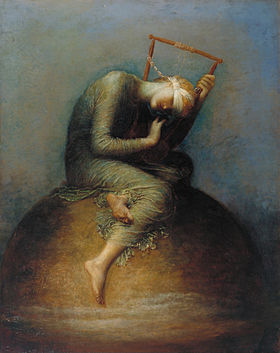
Serah, of hope
On the cusp of the New Year, with so many momentous decisions and uncertainties ahead for all of us, I offer you those words: “just sing it.” And may the immortal spirit of Serah, the daughter of Asher, in whom hope resides, be with you.

Want to learn more?
Bregman, Mark. Serah Bat Asher, Then and Now. https://www.929.org.il/lang/en/author/33877/post/48343
Mann, Thomas. Joseph and his Brothers. Transl. John E. Woods. Alfred A. Knopf. New York, 2005 (first published in German in 1933.
Kadari, Tamar. Serah, Daughter of Asher: Midrash and Aggadah. https://jwa.org/encyclopedia/article/serah-daughter-of-asher-midrash-and-aggadah
Reiss, Moshe. 2014. Serah Bat Asher in Rabbinic Literature. Jewish Biblical Quarterly 42(1): 45–51.
Solomon, Mark. Serach Bat Asher – the Transmitter of Secrets. https://www.sefaria.org.il/sheets/132068?lang=bi

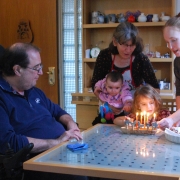
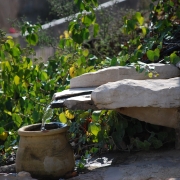

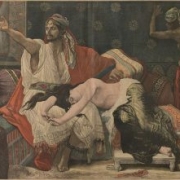
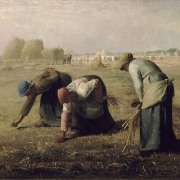
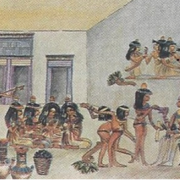
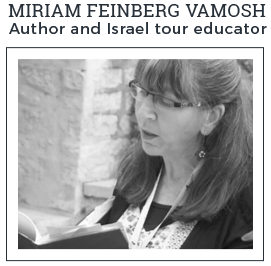
Nice post, Miriam! I love exploring the “anonymous” people of scripture, those who appear in the background. Consider Simon of Cyrene who helps Jesus carry the cross. In Mark, he’s identified as the father of Alexander and Rufus. In Romans 16, Paul says “hello” to Rufus (who lives in Rome) and his mother, “who has been a mother to me.” If you put the two “Rufus’s” together, you can weave a nifty tale!
Thanks, Bill! Sounds like an idea for a play or a novel for sure!